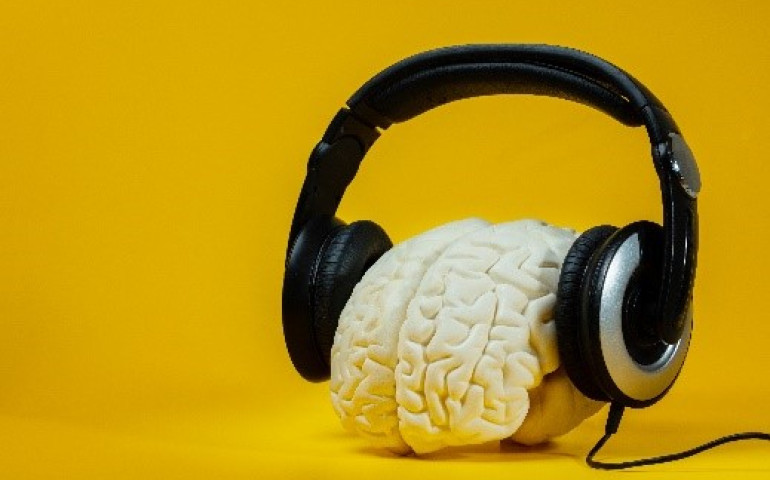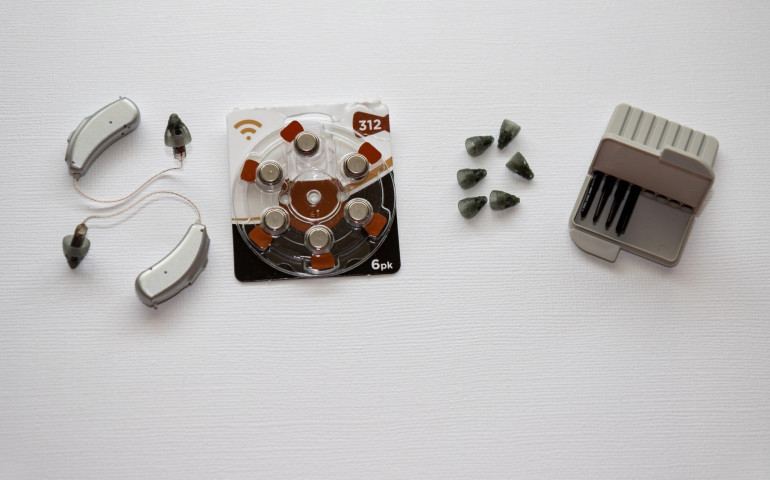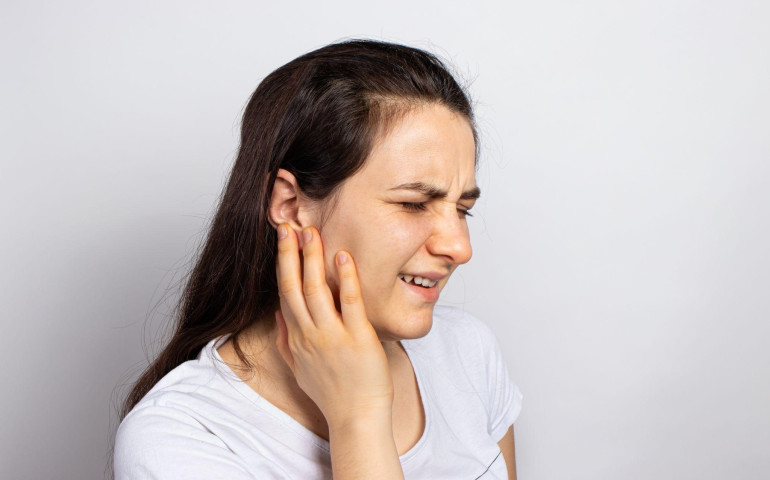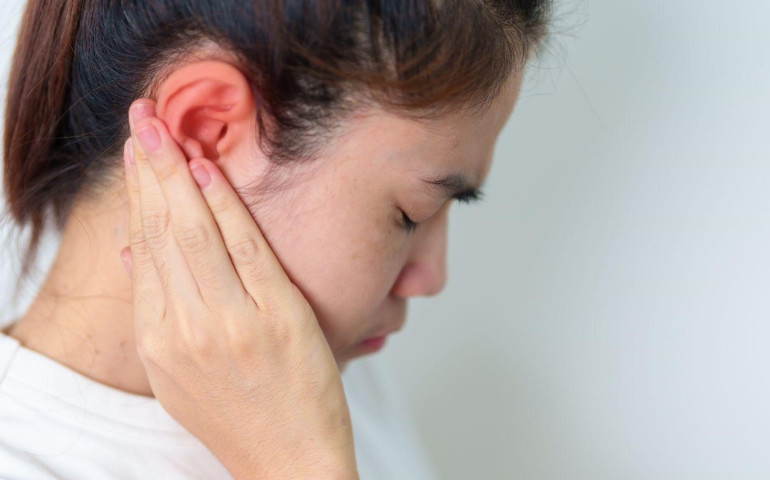There is no shortage of health conditions that can affect hearing. One lesser-known cause is the chronic condition known as Meniere’s disease. Since this disease affects your ears, it makes sense that it can affect your hearing.
Some symptoms of Meniere’s disease are similar to hearing loss. Knowing the differences between them is key to understanding how they overlap and how they can help you manage your health.
What is Meniere’s Disease?
Meniere’s disease is a long-term condition that affects the inner ear. While its exact cause isn’t fully known, experts believe it stems from abnormal fluid buildup in the inner ear. This can disrupt your hearing and balance.
It is most commonly seen in people between 40 and 60, but it can affect people at any age. Many people don’t know the link between hearing loss and Meniere's disease. This is often because symptoms come and go. You may not realize the connection until it’s too late.
Common Symptoms of Meniere’s Disease
- Vertigo: Sudden, spinning sensations that can last from minutes to hours
- Tinnitus: Ringing, buzzing, or hissing noises in one or both ears
- Ear fullness or pressure: A sensation of blockage or heaviness in the ear
- Fluctuating hearing loss: Hearing that varies day to day, often affecting one ear
How Meniere’s Disease Causes Hearing Loss
Hearing loss linked to Meniere’s disease happens gradually, sometimes without warning. Fluid buildup inside your ear increases pressure on the inner ear. This can damage the cochlea, which is responsible for converting sound waves into signals your brain can interpret.
Over time, damage to your inner ear can lead to Meniere’s disease. It can also cause sensorineural hearing loss. This type of hearing loss becomes permanent when the sensory cells or nerves in the inner ear are damaged beyond repair.
At first, the hearing loss may come and go. However, as the condition progresses, the damage to the inner ear becomes more permanent and harder to treat.
Signs Your Hearing Loss is a Side Effect of Meniere’s Disease
- Fluctuating hearing loss: Your ability to hear may vary daily or even hourly.
- Tinnitus: Persistent ringing or buzzing can accompany hearing loss.
- Ear fullness or pressure: A feeling that your ear is “plugged,” often paired with muffled hearing.
- Progressive hearing loss: As damage worsens, your hearing may decline permanently.
Managing Meniere’s Disease and Hearing Loss
While there’s no cure for Meniere’s disease, several treatment options can help reduce its impact and protect your hearing.
Medical Treatments
Several medications can help manage symptoms that affect daily life, like vertigo and nausea. Changing your diet, like eating less salt, can help reduce fluid in the inner ear, reducing pressure. Stress often triggers Meniere’s episodes. Reducing your stress can also significantly improve your symptoms.
Surgical Options
In more severe cases, surgery may be an option. There are various procedures designed to relieve the excess pressure in your inner ear or reduce the frequency and intensity of your vertigo. Surgery is typically recommended when other treatments aren't effective or your symptoms are severely impacting your quality of life.
Hearing Aids
One of the most effective ways to manage hearing loss caused by Meniere’s disease is with hearing aids. Using hearing aids means no longer struggling with understanding speech or diminished sound. They play a vital role in helping you communicate and minimizing the frustration that comes with hearing issues.
Tinnitus Management
Many hearing aids now have built-in features to mask tinnitus. They create soothing sounds to help reduce ringing or buzzing in the ears. Relief from tinnitus can help improve focus, sleep, and overall well-being.
How Hearing Aids Help People with Meniere’s Disease
- Improved clarity to help you hear speech more easily.
- Noise reduction technology to make conversations in busy environments less overwhelming.
- Customizable settings for fluctuating hearing loss, giving you more control throughout the day.
Take Control of Your Hearing Health Today
Untreated hearing loss from Meniere’s disease can seriously affect your health, but it doesn’t have to control your life. With early diagnosis, personalized treatment, and expert care, you can manage the side effects of Meniere’s disease that affect your hearing.
Visit any of our Beltone DFW locations for a hearing evaluation with one of our hearing care specialists. We also offer hearing aid demos and fittings to help you find the right solution to regain your hearing.






